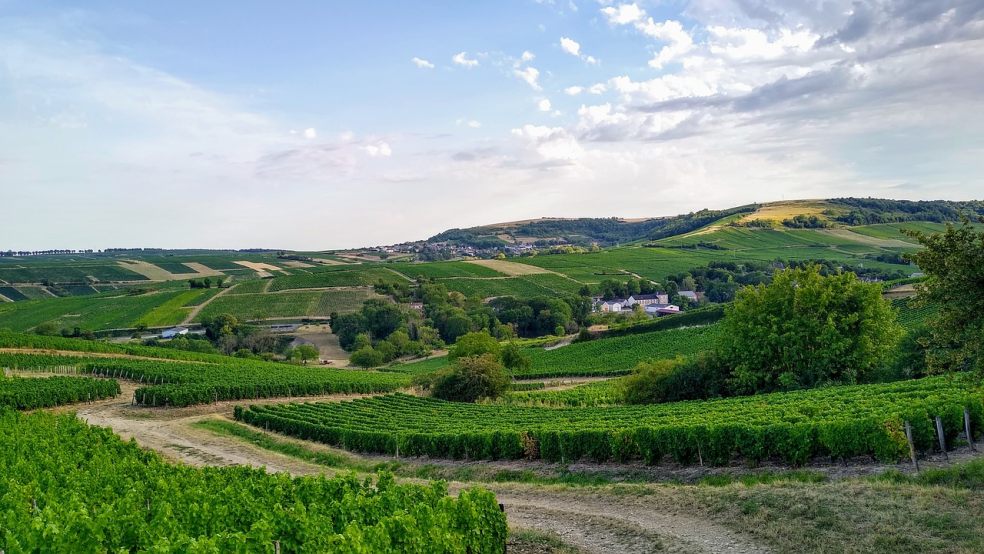
What You Need to Know About the Loire Valley and its Wine Culture in France
The lush, verdant landscapes of the Loire Valley are a haven for wine enthusiasts. Stretching across central France, this region's rich history, diverse geography, and exceptional climate have nurtured a wine culture that stands out for its elegance, variety, and depth.
Whether you're a seasoned wine lover or a curious traveller, the Loire Valley's wines offer a gateway to exploring the depths of French wine culture, promising experiences as rich and varied as the wines themselves.
In this article, we’ll be exploring the key wine regions of the Loire Valley, the historic wine-making traditions, and the myriad of wine tourism opportunities that beckon visitors from around the globe.
The History of Wine in the Loire Valley
Winemaking in the Loire Valley traces back over 2,000 years when the Romans planted the first vineyards in the Pays Nantais region.
This rich history deepened in the Middle Ages, largely due to the Augustine and Benedictine monks who meticulously cultivated the vineyards, significantly shaping the region's wine culture.
Sadly, the phylloxera epidemic of the late 19th century wiped out all the vineyards in the Loire Valley, but the region soon rebounded, maintaining its reputation for high-quality wines.
Key Wine Regions
The Loire Valley is divided into several distinct wine regions, each with its unique terroir and climate influences:
- Pays Nantais: Closest to the Atlantic coast, this region is renowned for its fresh, mineral-laden Muscadet wines.
- Anjou-Saumur and Touraine: Located in the middle part of the valley, these regions offer a diverse palette of flavours, from the honeyed floral notes of their white wines to the aromatic red fruits and flowers of their reds and rosés.
- Sancerre and Pouilly-Fumé: Towards the eastern end, both of these regions are celebrated for their exquisite Sauvignon Blancs.
This geographical diversity is matched by a varied soil composition across the region, from limestone and clay to schist and gravel, each contributing to the characteristics of each wine.
Traditional Winemaking Practices
The Loire Valley embraces both traditional and innovative winemaking practices. Winemakers in the region have historically focused on minimal intervention techniques to let the character of the grape and the land shine through in every bottle.
Today, over half of the Loire Valley’s vineyards are sustainably or organically farmed. The aim is for all vineyards in the region to be committed to environmental certification by 2030. This dedication to quality and authenticity is a hallmark of the region's winemaking philosophy.
Exploring Wine Tourism in the Loire Valley
Wine tourism in the Loire Valley offers an immersive experience into the world of French viticulture. Visitors can enjoy guided cycling holidays to explore the vineyards, participate in tastings, and learn about the winemaking process directly from passionate producers.
The region's scenic beauty, combined with its historical significance and gastronomic excellence, makes it a must-visit destination for anyone interested in the art and science of winemaking.













